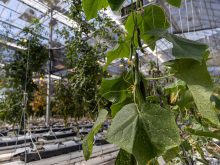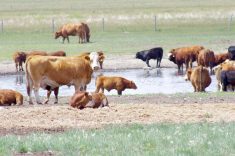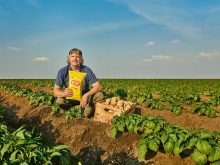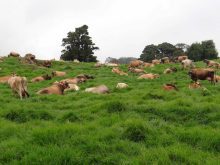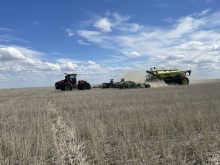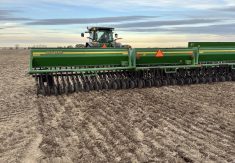AAFC’s Hugh Beckie is optimistic Western Canada can avoid the severe problems experienced in the southern U.S.
Glyphosate-resistant weeds are a big problem in the United States and getting worse, according to surveys conducted by Stratus Agri-Marketing Inc. the last three years.
“Those completing the online survey in 2012 report that almost one out of every four acres is now infested with glyphosate-resistant weeds,” Stratus Agri-Marketing vice-president Kent Fraser said in an email. “That represents 61.2 million acres of cropland, almost double what it was in 2010.”
More farms have at least two resistant species in their fields, Fraser said. In 2010 just 12 per cent of farms reported that, but it rose to 27 per cent in 2012.
Read Also
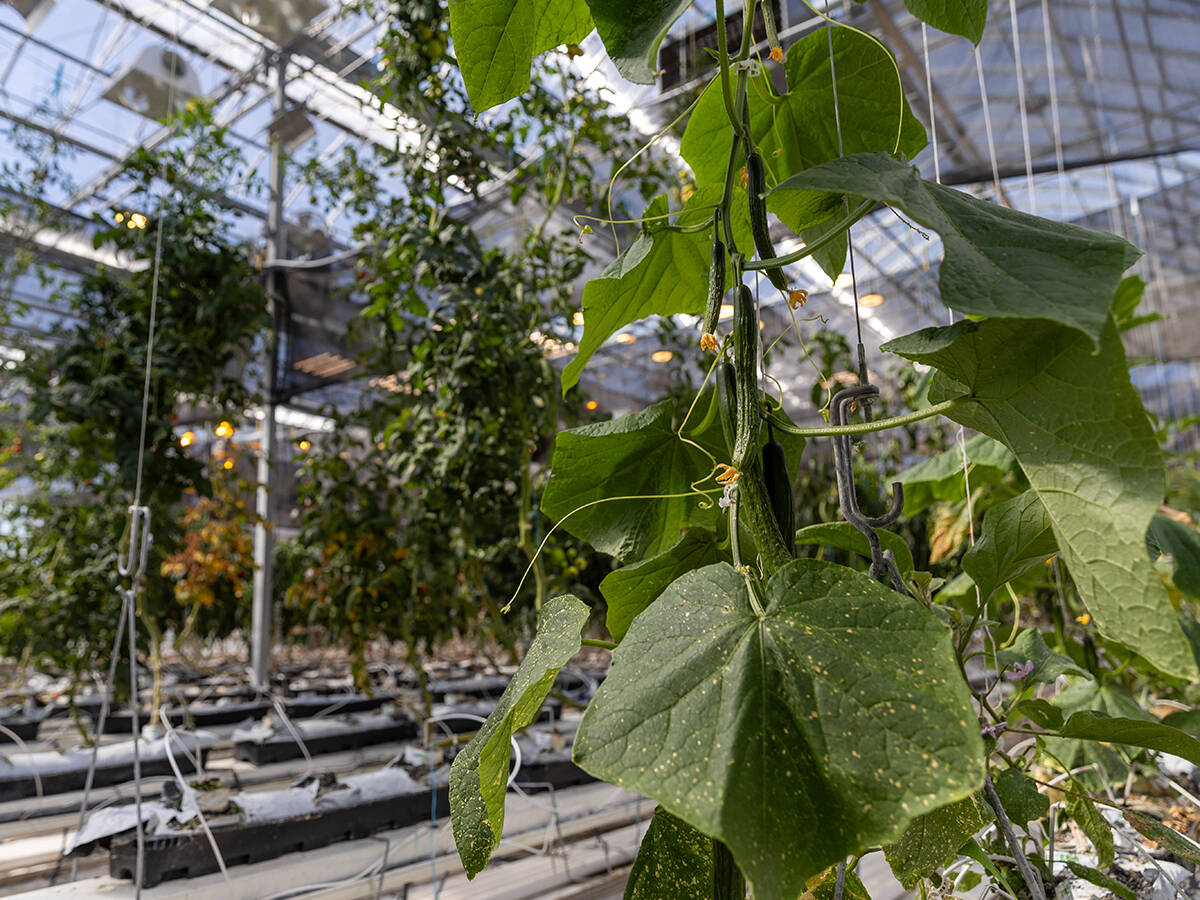
Lethbridge research farm lease renewed for 20 years
Lethbridge Polytechnic and the Government of Alberta have signed a 20-year renewal of a land lease agreement for the institiution’s research farm.
Marestail (horseweed) was the most often reported glyphosate-resistant weed, followed by Palmer amaranth (pigweed).
Another half-dozen species were tracked in the study.
Nearly half (49 per cent) of the farmers surveyed in 31 states said they have glyphosate-resistant weeds on their farms.
The south has the biggest problem. Ninety-two per cent of Georgia farmers said they have glyphosate-resistant weeds.
But the mid-south and Midwest states are losing ground too. From 2011 to 2012 the acres with resistance almost doubled in Nebraska, Iowa and Indiana, Fraser said.
Hugh Beckie, an Agriculture and Agri-Food Canada research scientist based in Saskatoon, doesn’t think glyphosate-resistant weeds will get to be as bad in Western Canada as they are in the southern U.S.
“Because of our climate and because of our cropping systems, which are much more diverse, I don’t think we’ll ever see a scenario as bad as that,” he said.
In Georgia for example, some farmers are growing Roundup Ready cotton year after year and applying glyphosate to a field many times in a season.
Beckie said he’s optimistic western Canadian farmers, using the right techniques, can maintain glyphosate as an effective herbicide for a long time.
“Glyphosate really is a low-risk herbicide for selection for resistance,” he said. “However, when you’ve reached 30 to 40 applications of glyphosate in a field since the 1970s then you could be at a moderate or high risk so we encourage growers to scout their fields, especially after they apply glyphosate, to see if there are any patches that have escaped.”
If resistant weeds are found farmers should remove them before they go to seed, Beckie said.


